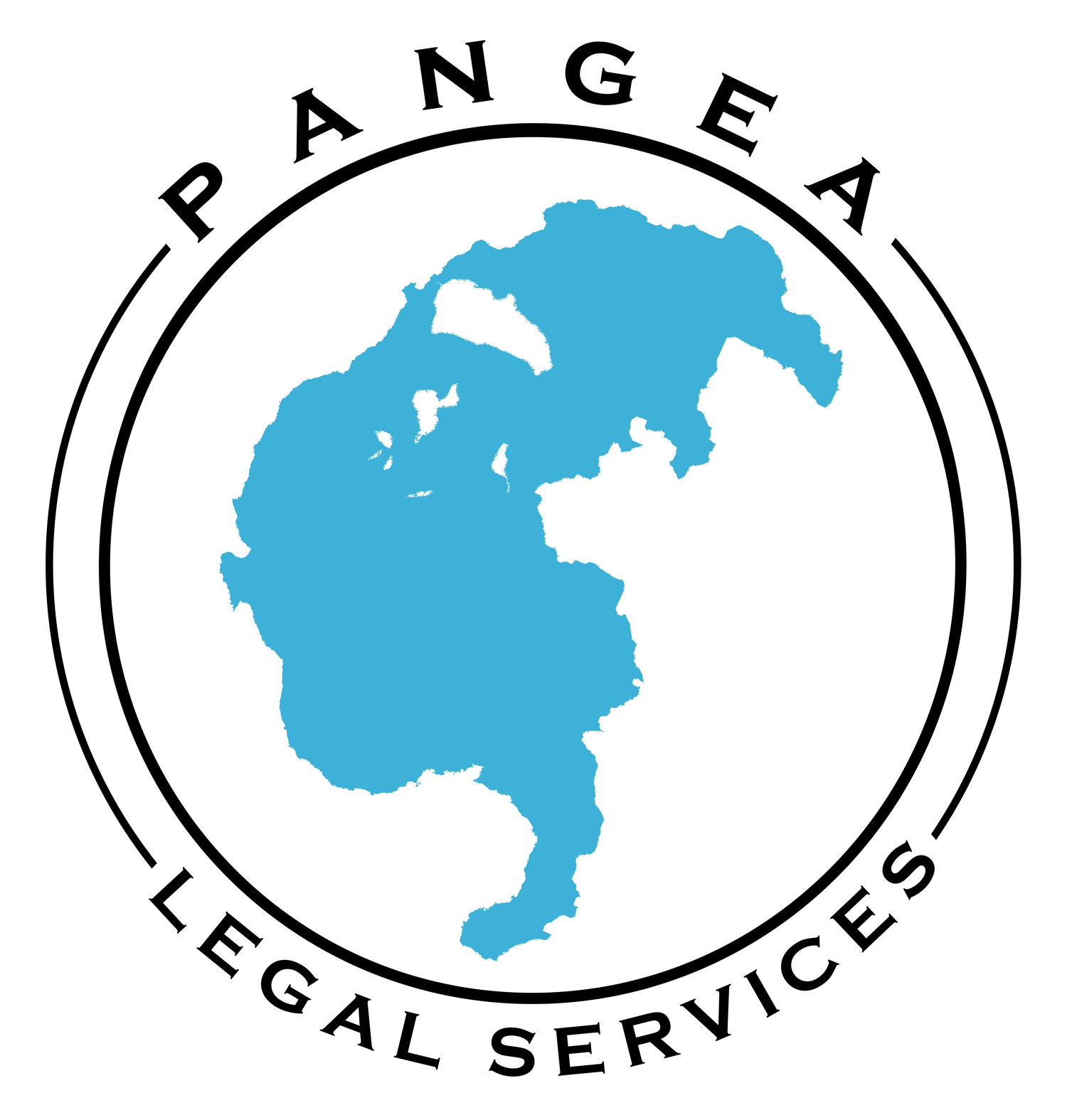Available here: http://www.sfchronicle.com/opinion/openforum/article/It-will-take-a-village-to-end-deportations-10629264.php
It will take a village to end deportations
Niloufar Khonsari, November 21, 2016
President-elect Donald Trump has threatened to detain and deport millions of immigrant families. Yet the United States has already hit record numbers of detentions and deportations in the past few years. In California, there is a growing movement to create access to legal counsel for immigrants in detention. However, legal advocacy in the courtroom is not sufficient. Trump’s election underscores the fact that our strategy must extend beyond the courtroom and include politically empowering our clients and their families. Immigration attorneys like myself must actively connect our work with grassroots groups, public campaigns and community organizing.
Take the case of my former client Jesus Ruiz Diego. His parents brought him to the United States when he was 4 years old. When Diego was 11, a judge ordered him and his family deported.
Diego had no idea. He grew up attending elementary, middle and high school in San Jose. Based on that decade-old order, immigration officials raided Diego’s house when he was 22 and deported him from the country.
They tried to deport him a second time after he returned, and Diego was detained. The legal scenario for him was grim. But thanks to grassroots advocacy, including thousands of petition signatures, vocal support from undocumented immigrants, multiple rallies, media campaigns and outreach to legislators, Diego was liberated from detention and later obtained relief from deportation.
This experience transformed Diego — a former sheet-metal worker — into a community organizer. The key in Diego’s case was not only winning his legal case, but also building political consciousness and connecting him to a long-term political movement.
We need to build community-led deportation defense models that place directly affected communities at the center of their self-defense and advocacy.
California already has programs that provide representation to immigrants who are not detained but are in removal proceedings in the immigration court. Efforts to create representation programs for immigrants in detention are also emerging in San Francisco, Santa Clara, Los Angeles and statewide.
California’s new programs could be modeled on the successful New York Immigrant Family Unity Project, the first comprehensive program in the country to provide free legal representation to detained immigrants. However, as we build models in California, especially for detained immigrants, we must never lose sight of our goal to end deportations altogether. We need to work with grassroots partners, directly mobilize and work toward the endgame.
Time is of the essence. Attorneys must start connecting their work and clients to a broader movement against detention and deportation. And those of us concerned about Trump’s assault on the most vulnerable must take part in this movement by showing up.
We must sign petitions, donate what we can and show up to the very rallies that helped keep Diego in this country. Together, we must organize, mobilize and protest detentions and deportations.
Niloufar Khonsari is an immigration attorney and executive director of Pangea Legal Services, a nonprofit organization in San Francisco and Santa Clara counties.


















